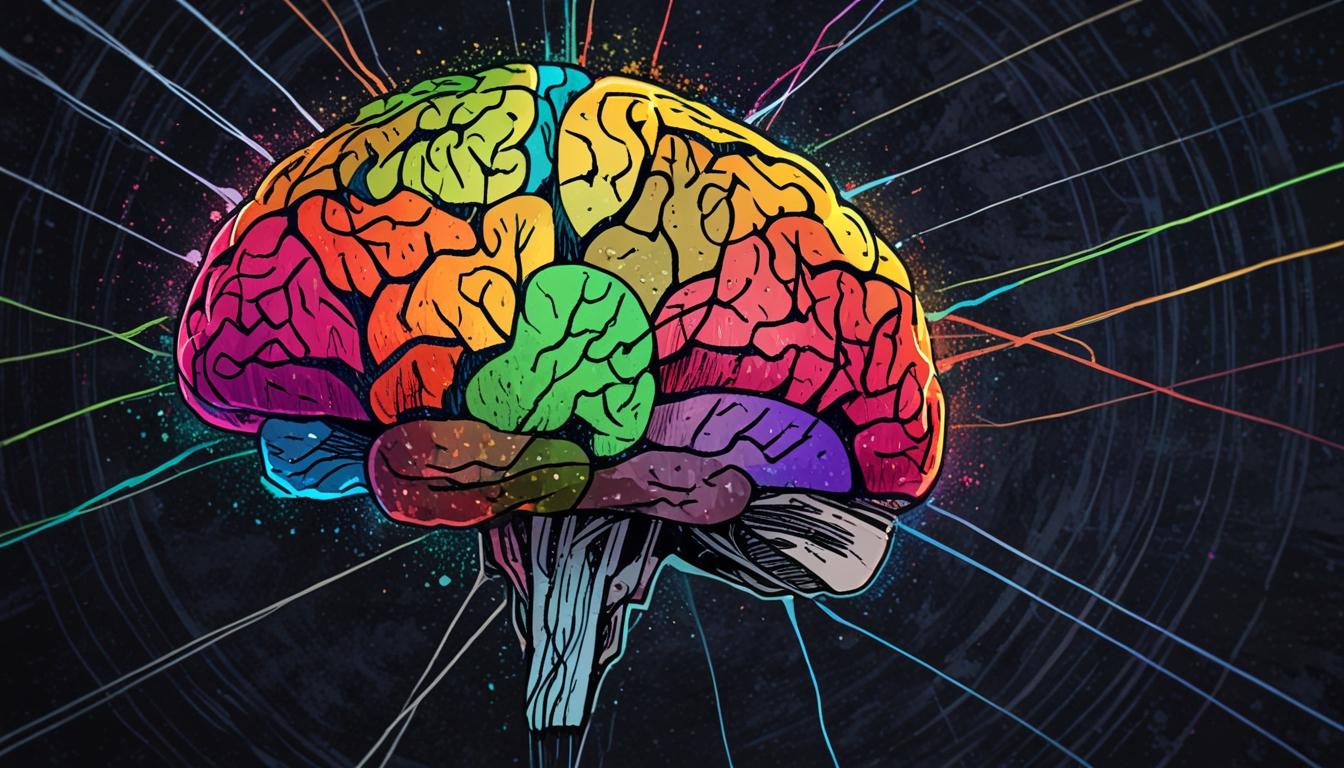The Evolving Influence of Artificial Intelligence on Human Thought and Society
As artificial intelligence (AI) increasingly interlaces itself within daily life, researchers continue to delve into its profound psychological, social, and cognitive ramifications. With tools such as large language models (LLMs) like ChatGPT shaping not only how we communicate but also how we perceive the world, a new wave of studies is shedding light on the far-reaching effects of AI on our minds, behaviours, and societal structures.
One compelling aspect emerging from recent research is the phenomenon of "LLM red teaming." A study published in PLOS One highlights how diverse individuals—software engineers, artists, and hobbyists—are engaging in activities that challenge these AI models to reveal their limitations. Motivated by curiosity and ethical considerations, these testers use creative strategies to prompt AI responses, often likening their exploration to “alchemy” or “scrying.” This innovative approach underscores a pivotal shift towards a more human-centered understanding of AI, asserting that traditional cybersecurity techniques may not suffice in grappling with the complexities of language-driven models.
In the realm of mental health, ChatGPT has demonstrated notable promise. An evaluation published in the Asian Journal of Psychiatry assessed the model's ability to interpret psychiatric symptoms through case vignettes drawn from recognised psychology textbooks. Impressively, ChatGPT achieved top diagnostic accuracy in a majority of cases, suggesting its potential as a supportive tool in clinical settings. However, the study raises important questions regarding the generalisability of its findings, particularly if future cases deviate from familiar parameters.
Meanwhile, the political inclinations of AI are also under scrutiny. Research in Humanities & Social Sciences Communications has found a shift in ChatGPT’s political orientation from predominantly left-libertarian to a more centre-right stance in its most recent iterations. This evolution, independent of alterations to the training data, suggests that even minor adjustments in model design can dramatically affect its outputs, necessitating ongoing oversight to remain aware of the biases that inform AI-generated content.
The workplace implications of AI are particularly concerning, as shown in a large-scale study surveying 18,000 Danish workers. Findings reveal significant disparities in ChatGPT adoption rates, with younger, higher-earning men using the tool far more frequently than women or lower-income colleagues. These findings highlight potential barriers, such as employer policies and the perceived need for training, which may perpetuate existing inequalities. Furthermore, many informed workers did not significantly change their usage behaviours, pointing to a broader reluctance to adopt AI technology even when its advantages are apparent.
Significantly, AI's role in detecting mental health issues has also come to the forefront. Researchers at Washington University in St. Louis illustrated that driving behaviour could reveal signs of depression in older adults. GPS data indicated that those suffering from depression exhibited erratic driving patterns. Remarkably, a machine learning model was able to identify depression with up to 90% accuracy based on driving behaviours alone, underscoring the potential of AI to transform mental health screening through the analysis of real-world behaviours.
However, not all findings are as positive. A study published in PNAS Nexus reveals a concerning trend regarding AI's impact on critical thinking skills. Younger users, in particular, displayed a detrimental reliance on AI tools for decision-making, which contributed to declines in critical thinking abilities due to a phenomenon called cognitive offloading. Interviews indicated that many users have ceased critically engaging with AI-generated answers, necessitating educational strategies that encourage thoughtful interaction with AI.
Moreover, insights from research in PNAS Nexus demonstrated that large language models exhibit a strong social desirability bias during personality assessments. AI responses tended to align with more socially acceptable traits, raising questions about their reliability in psychological evaluations and the potential implications for human-AI interactions.
The cumulative weight of these findings underscores an imperative for a balanced approach to AI adoption and its integration into societal structures. While AI presents opportunities for enhancing productivity and supporting mental health, it also risks exacerbating inequalities and diminishing critical faculties if not employed thoughtfully. As we navigate this rapidly evolving terrain, fostering an informed discourse on AI’s implications will be crucial in shaping a future that benefits all members of society.
##Reference Map:
- Paragraph 1 – [1]
- Paragraph 2 – [1], [2]
- Paragraph 3 – [1], [4]
- Paragraph 4 – [1], [2]
- Paragraph 5 – [1]
- Paragraph 6 – [7]
- Paragraph 7 – [3]
- Paragraph 8 – [6]
Source: Noah Wire Services
